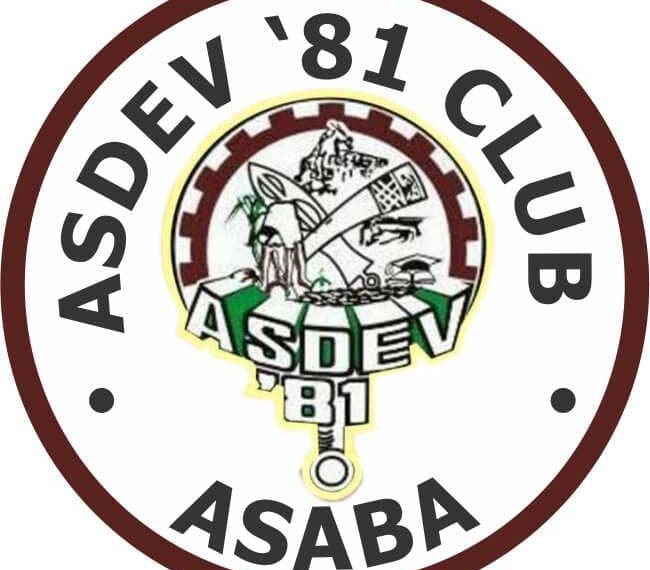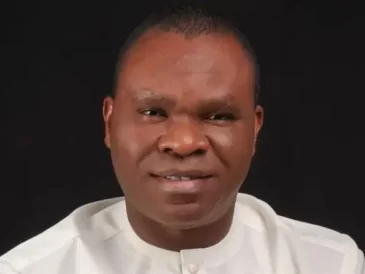*Pix above: Prof. (Mrs) Patience Mbah, speaking at the event
PLEASE SHARE
In pursuance of the core objective of the ASDEV ’81 Club, Asaba, Delta State, the Deputy Vice Chancellor, Delta State University (DELSU), Abraka, Prof. (Mrs) Patience Mbah, has delivered the keynote address at the opening ceremony of its free medical outreach in Asaba, March 30.
PHOTOS BELOW:
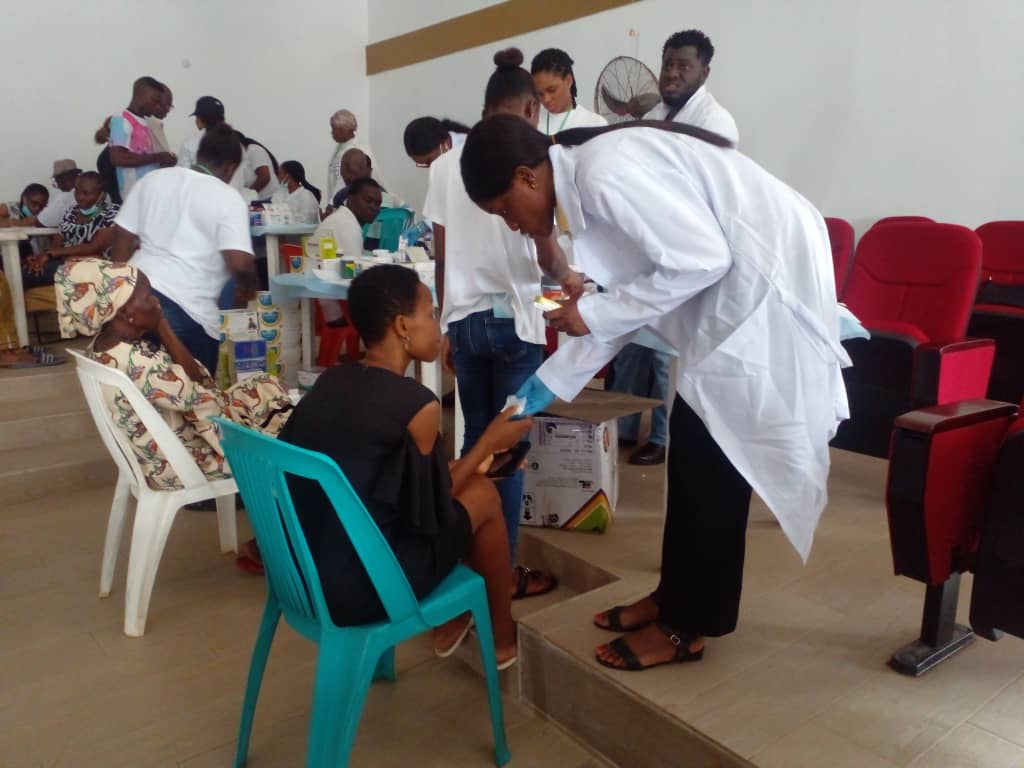
A free medical outreach is an initiative organized by healthcare professionals, charitable organizations, or governmental bodies to provide medical services and healthcare assistance to underserved or disadvantaged communities at no cost to the recipients.
These outreach programs typically offer a range of medical services such as general check-ups, vaccinations, screenings for diseases, basic treatments, and health education.
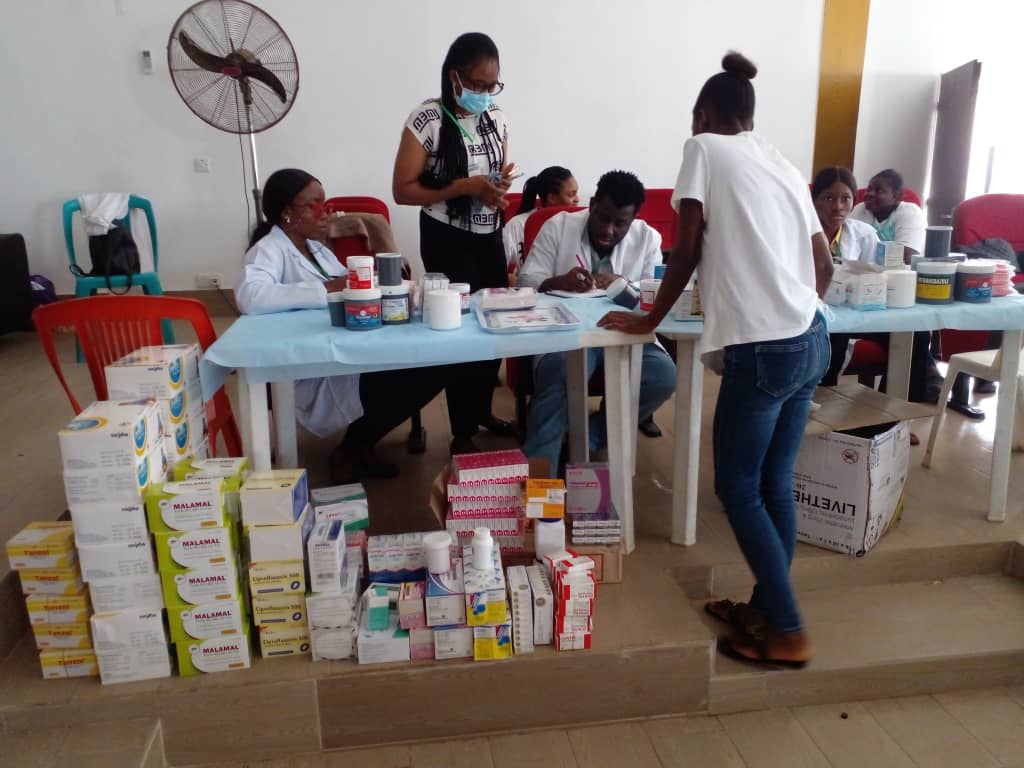
The primary objective of free medical outreach program is to address the healthcare needs of populations that may lack access to regular medical care due to financial constraints, geographical isolation, or other barriers.
These initiatives often target rural areas, urban slums, refugee camps, or areas affected by natural disasters where healthcare services may be limited or inaccessible.
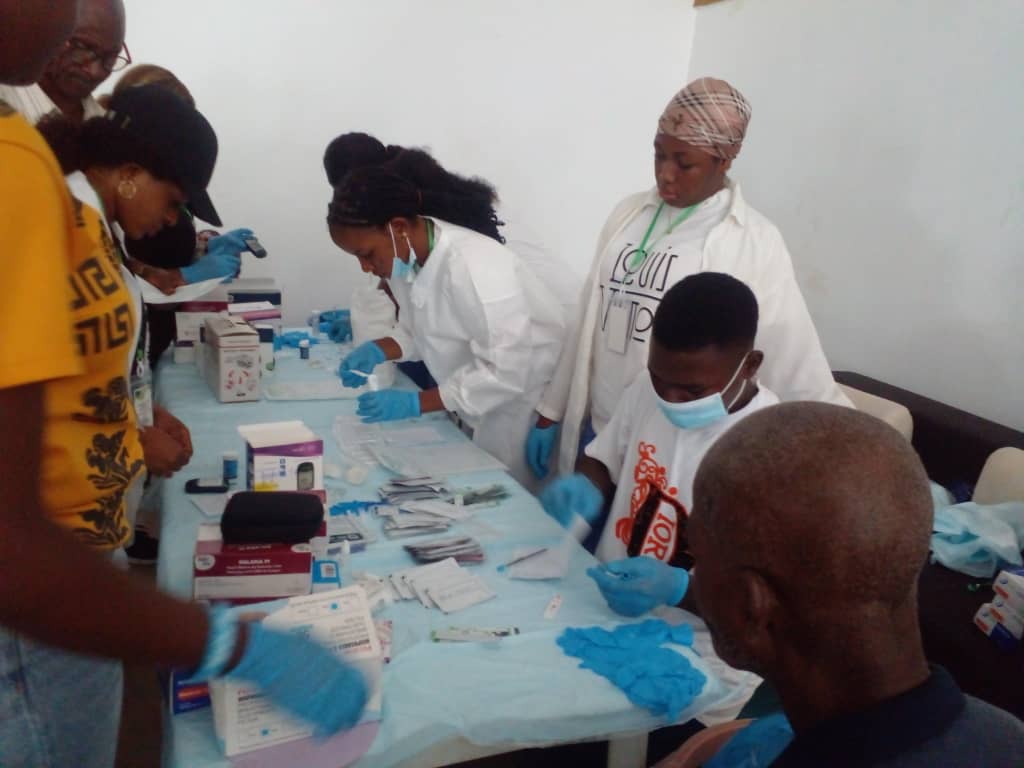
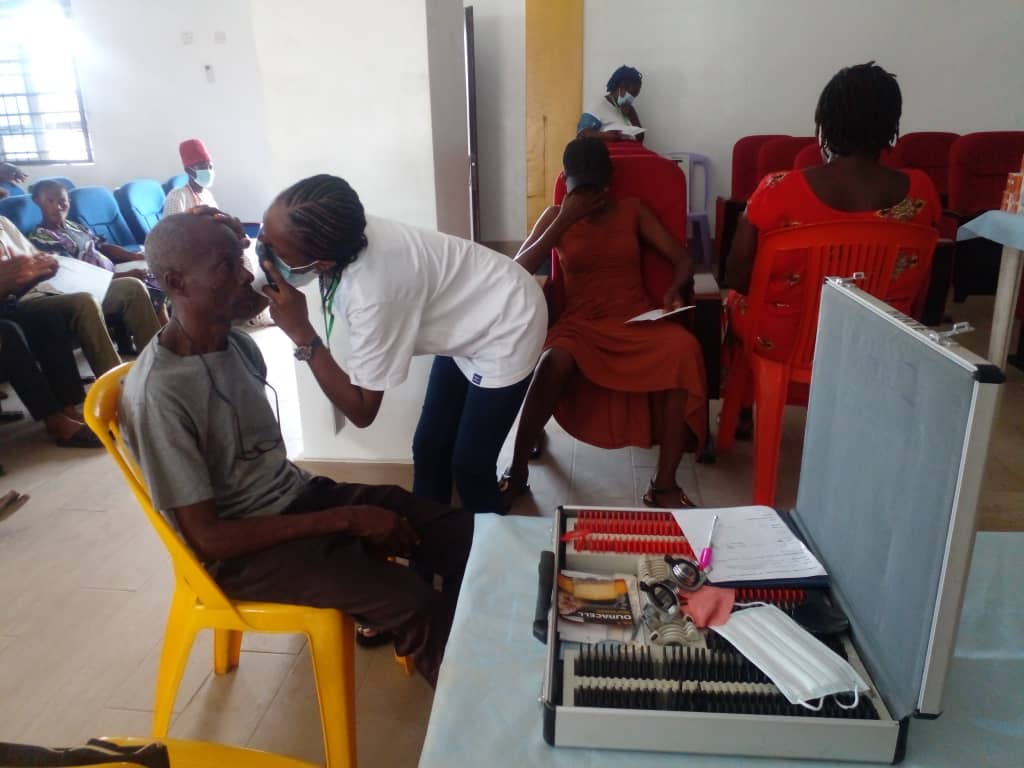
Providing free medical outreach program by ASDEV 81 club, Port Harcourt branch is quite commendable and should be greatly acknowledged and publicized for other clubs and societies to emulate not only in Asaba but other towns and environments.
Providing free medical examination, treatment, and drugs to indigent patients in Ogwa Ukwu Ahaba, is a commendable initiative that addresses the healthcare needs of the most vulnerable members of Asaba Community.
ASDEV ‘81 Club of Asaba in carrying out this medical outreach engagement, has followed these steps and considerations for implementing this program to ensure efficiency and effectiveness:
1. Needs Assessment: Conducted a thorough assessment of the healthcare needs of the indigent population in Asaba. This may have involved collaborating with local healthcare organizations, conducting surveys, and gathering data on prevalent health issues.
2. Partnerships: Forged partnerships with local healthcare facilities, government agencies, non-profit organizations, and community leaders to leverage resources and expertise. Collaboration can help extend the reach of the program and ensure sustainability.
3. Funding: Secured funding from government grants, philanthropic organizations, corporate sponsors, and individual donors to cover the costs of medical examinations, treatments, and drugs. Explore both short-term and long-term funding options to ensure the program’s continuity.
4. Staffing: Recruited qualified healthcare professionals including doctors, nurses, pharmacists, and support staff to provide medical services. Consider training and capacity-building initiatives to enhance the skills of local healthcare workers.
5. Infrastructure: Established or identify existing healthcare facilities where indigent patients can access medical services. Ensure that these facilities are equipped with necessary medical equipment, supplies, and pharmaceuticals.
6. Patient Identification: Developed a system for identifying and reaching out to indigent patients who may not have access to healthcare services due to financial constraints. Work closely with local community leaders and social workers to identify those in need.
7. Outreach and Awareness: Conducted outreach programs and awareness campaigns to inform indigent communities about the availability of free medical services. Use various communication channels including radio, television, community meetings, and social media to disseminate information.
8. Medical Records and Monitoring: Implemented a system for maintaining medical records and tracking patient outcomes to monitor the effectiveness of the program. This data can also help in making informed decisions and improving service delivery.
9. Cultural Sensitivity: Taken into account the cultural beliefs and practices of the communities being served. Respect cultural norms and preferences to ensure that healthcare services are accessible and acceptable to all.
10. Evaluation and Feedback: Regularly evaluate the program’s impact and solicit feedback from patients, healthcare providers, and other stakeholders. Use this information to make necessary adjustments and improvements.
By these steps and considerations, ASDEV ‘81 club Port Harcourt Branch can help ensure that the free medical examination, treatment, and drugs program effectively meets the healthcare needs of indigent patients in Asaba, Delta State, Nigeria.
On this Premise, I want to, on behalf of Asaba community, thank ASDEV ‘81 Club generally for their enthusiastic initiative in various ways they are helping to promote not only good health but other social amenities such as borehole and education of adolescents generally. Long Live ASDEV 81 Club, Port Harcourt Branch. Long Live ASDEV Club, Asaba; Long Live Asaba; Long Live Delta State, she prayed/PLEASE SHARE.
*Tags: Prof Pat Mbah, DELSU, ASDEV ‘81 Club

